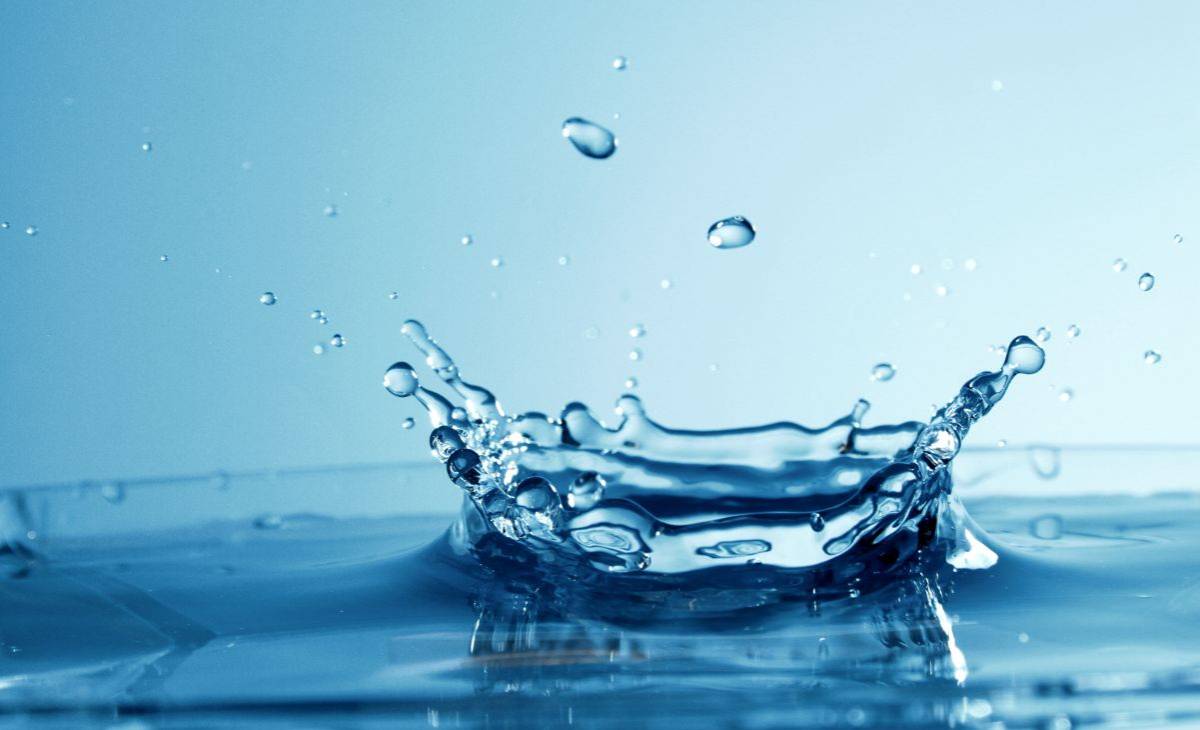EU: new hygiene standards for materials and products in contact with water
In a significant development for public health and safety, the European Commission has recently approved new minimum hygiene standards for materials and products that come into contact with drinking water. These standards, which will take effect from 31st December 2026, aim to prevent microbial growth and reduce the risk of harmful substances leaching into drinking water. The new standards will apply to materials and products used in new installations, or when older installations are renovated or repaired.
The adoption of these new standards marks a major step towards harmonizing drinking water regulations across the EU. Previously, there was little consistency among Member States, requiring producers to seek different approvals in each country where they wished to sell their products. The new rules will simplify the approval process, reducing administrative burdens for both producers and national authorities.
In addition to improving water safety, the new EU standards will streamline the certification process for materials and products. Those that meet the requirements will receive an EU declaration of conformity and an EU-specific marking. This will allow for the unrestricted sale of compliant products across all EU member states, eliminating concerns related to public health and environmental issues.
The revised Drinking Water Directive, which entered into force in January 2021, forms the basis for these new standards. The directive aims to provide Europeans with high-quality and safe drinking water, aligning with the zero pollution ambition outlined in the European Green Deal. It also addresses the "Right2Water" European Citizens' Initiative, which garnered 1.6 million signatures in support of improving access to safe drinking water for all Europeans.
While the majority of Member States have already transposed the directive into their national laws, six countries are still in the process of doing so. The European Commission is working closely with these Member States to ensure timely compliance and accurate implementation of the rules.
The European Parliament and the Council now have two months to raise any objections to the adopted delegated acts. If no objections are raised, the acts will be officially enforced. The publication of all six acts in the Official Journal is expected once this scrutiny period concludes.
Efforts to further enhance the methodologies and guidelines required by the Drinking Water Directive are ongoing. This includes developing methods to measure microplastics and per- and polyfluoroalkyl substances (PFAS) in drinking water, as part of the continuous commitment to ensuring high-quality water standards across the EU.
By establishing consistent and stringent hygiene standards for materials and products in contact with drinking water, the EU is taking a significant stride towards safeguarding public health and improving access to safe drinking water for all Europeans.
Source:






















